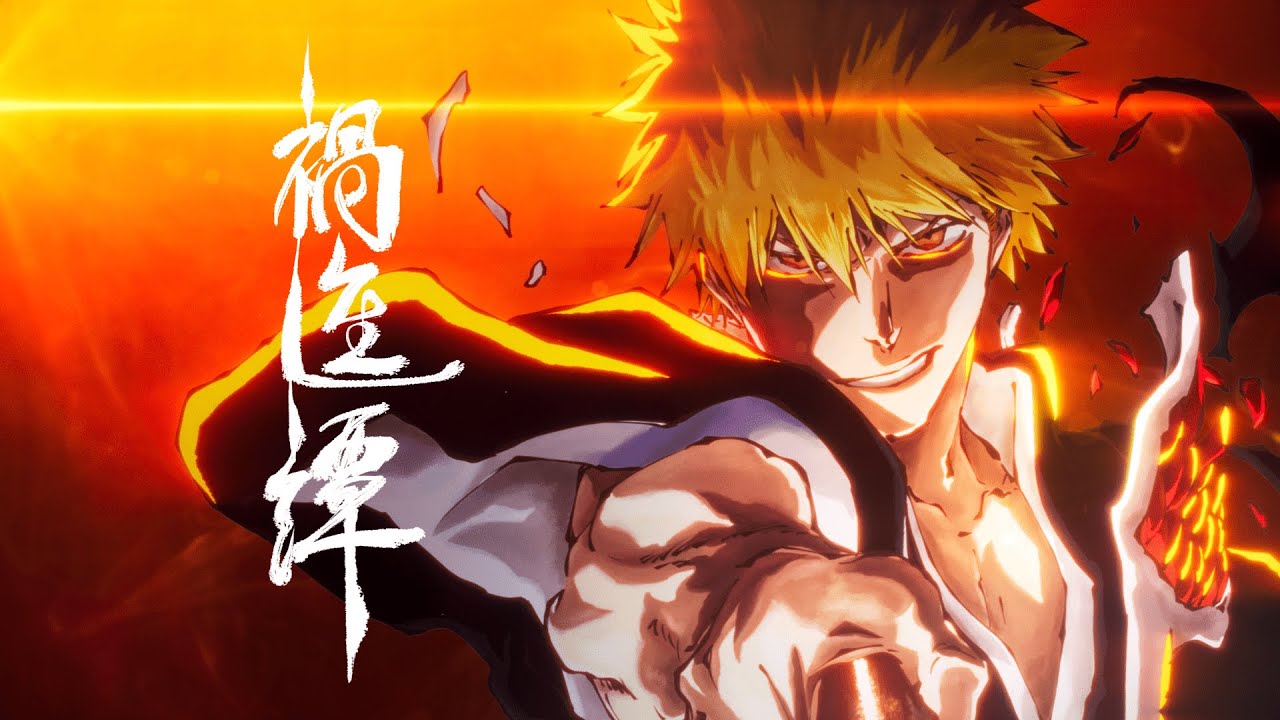After years of anticipation, Bleach: Thousand-Year Blood War has reignited global interest in the beloved shonen franchise. The series returned with stunning animation, enhanced narrative pacing, and expanded scenes that enrich the original manga’s story.
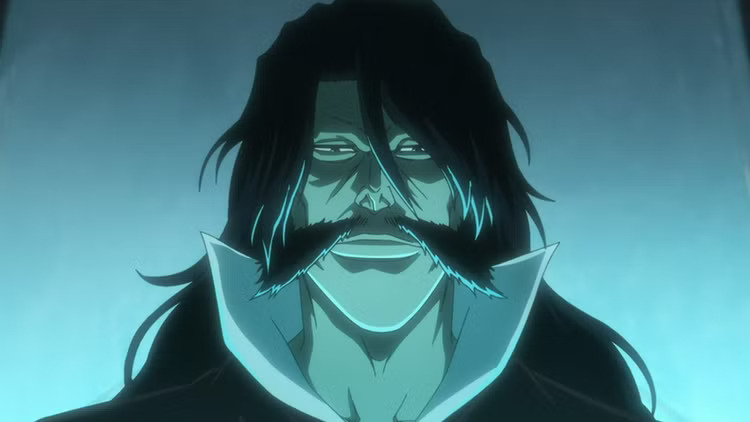
Yet, despite these improvements, a segment of fans continues to express dissatisfaction—often pointing to a single reason: the arc’s central antagonist, Yhwach, struggles to live up to the legacy of former villain Sosuke Aizen.
Aizen’s Lasting Legacy: The Villain Fans Still Love
Sosuke Aizen is widely regarded as one of anime’s most compelling antagonists. As a charismatic traitor with a dramatic flair, he orchestrated some of the most pivotal events in the series, including Rukia’s execution plot and the creation of the Espada.
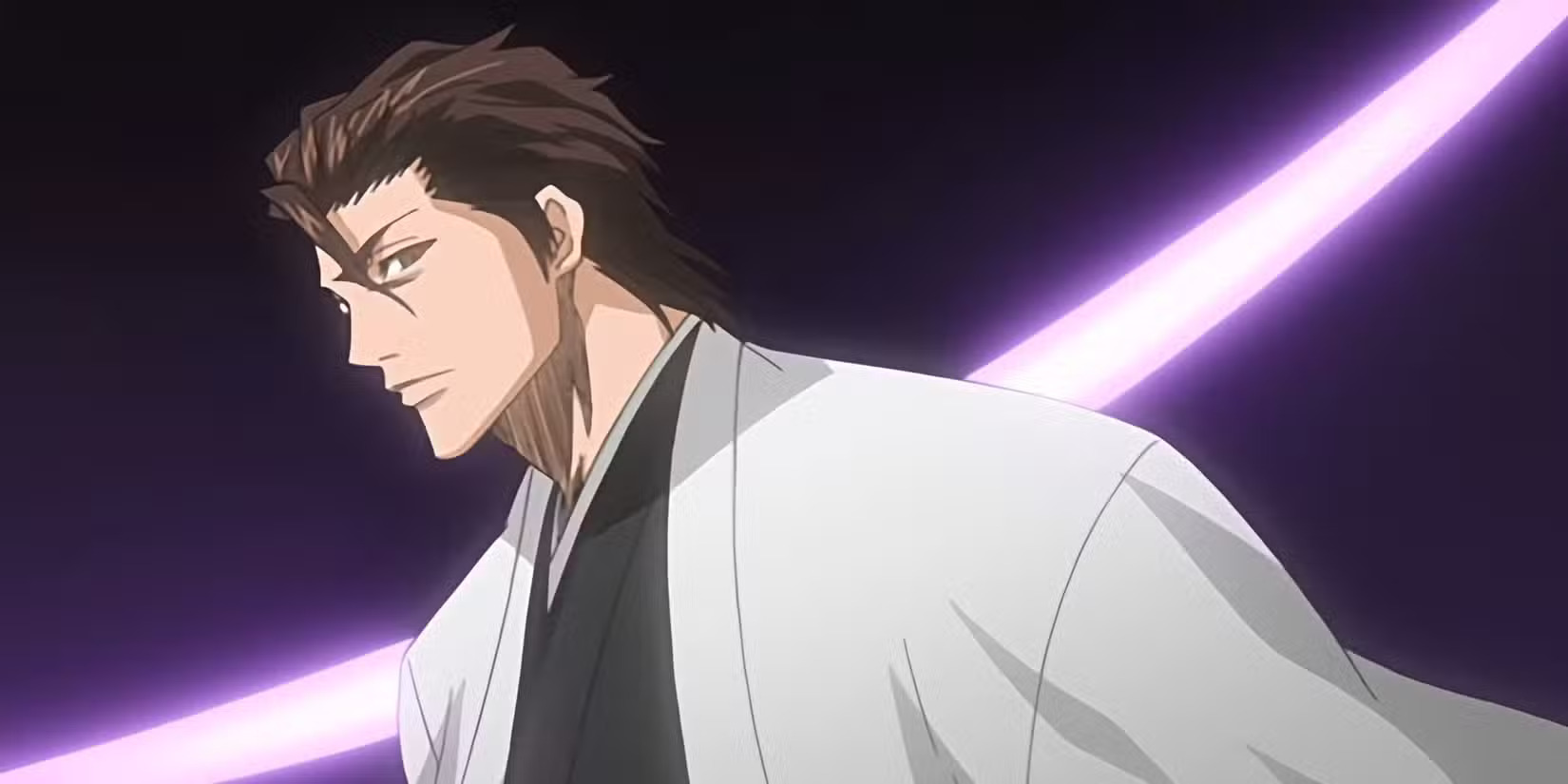
His calculated betrayal and manipulation of allies left a lasting emotional impact on both characters and viewers. Even after his downfall, Aizen’s influence lingered, further cementing his role as a pivotal force in Bleach’s narrative.
Yhwach’s Challenge: Power Without Personality
In contrast, Yhwach, the main antagonist of Thousand-Year Blood War, has been criticized for lacking the same narrative depth and emotional weight.
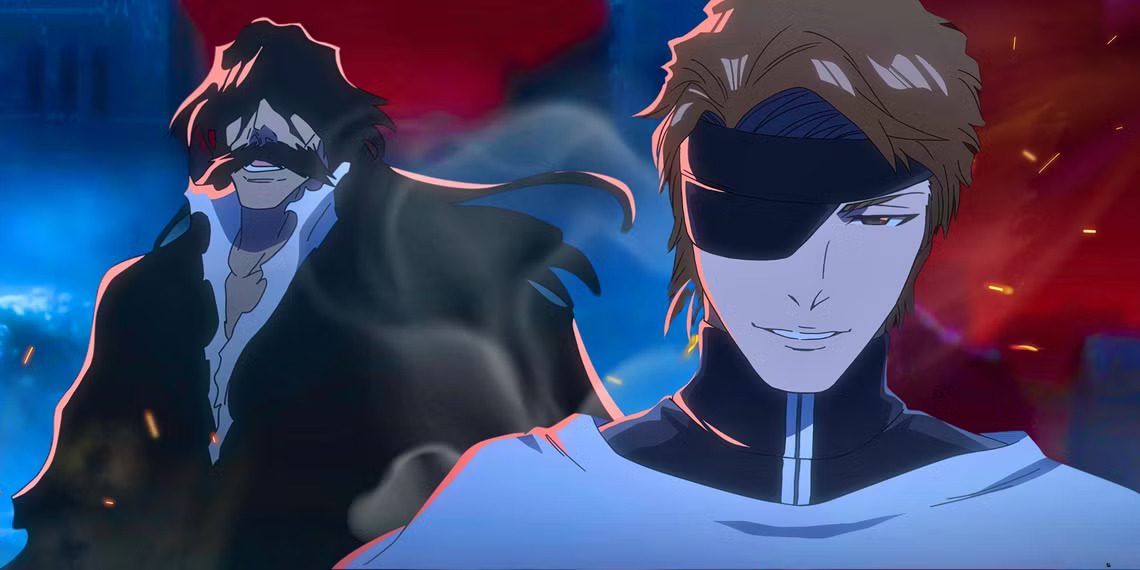
Introduced with minimal foreshadowing, Yhwach assumes command of the storyline with overwhelming power and an intimidating presence.
However, his stoic demeanor and distant personality render him a less engaging figure. Unlike Aizen, whose betrayal cut deeply into the fabric of the story and relationships, Yhwach shares few personal ties with the central cast beyond Yamamoto, who is eliminated early in the arc.
A Visually Stunning Arc With Narrative Flaws
The writing further compounds the issue. While the arc offers compelling elements—such as the moral ambiguity of the Soul Society, the Quincy’s tragic history, and Uryu Ishida’s personal conflict—its execution often feels rushed. Yhwach’s ultimate defeat, relying on a hastily introduced plot device in the form of a special arrow, leaves a sense of narrative convenience rather than earned resolution. This deus ex machina moment detracts from the gravity of the final battle and contributes to a lackluster conclusion.
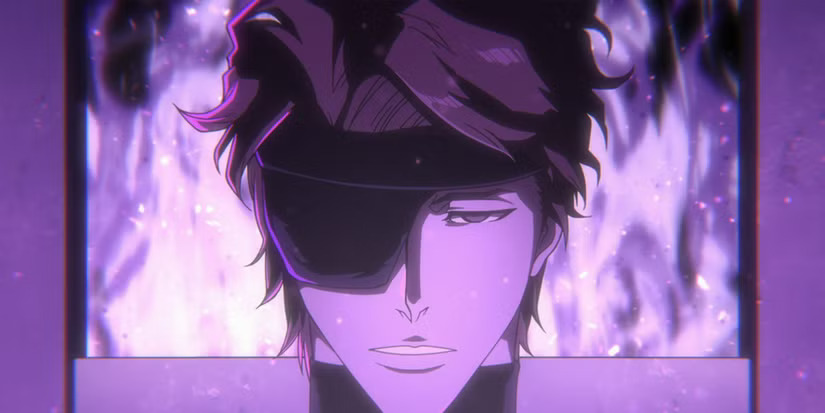
Despite this, the anime adaptation of Thousand-Year Blood War has made commendable strides in deepening Yhwach’s backstory, aiming to lend more context to his motivations. It also introduces richly developed supporting antagonists like Haschwalth and Bazz-B, which helps offset some of the criticisms.
Still, when the narrative’s climax hinges so heavily on its central villain, comparisons are inevitable. Aizen’s multi-layered portrayal, personal connections, and dramatic impact are hard to rival. Yhwach’s relatively flat characterization and less intimate engagement with the main protagonists have led some fans to view the arc as underwhelming—despite its many merits.
As the anime progresses, there remains potential to refine the story’s finale and provide a more satisfying resolution. Until then,** Bleach: Thousand-Year Blood War** stands as a visual and thematic triumph that nonetheless grapples with the long shadow cast by one of anime’s most iconic villains.

